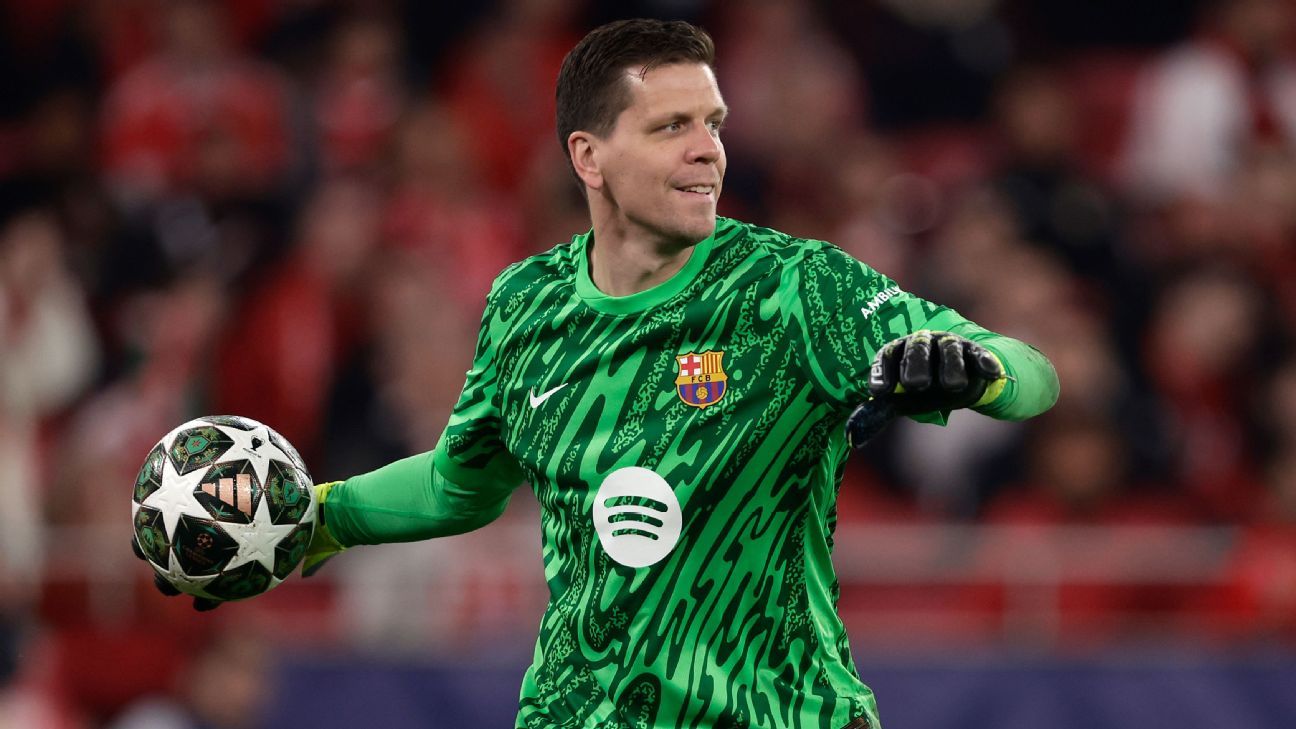Angola coach slams FIBA naturalization after loss
Written by I Dig Sports
Angola men's basketball coach Pep Claros Canals is definitely not a fan of countries naturalizing players.
This much he made clear in remarks he gave at a press conference minutes after his team lost to Dominican Republic 75-67 at FIBA World Cup 2023 in Manila on Tuesday.
"We can sign an import like most of the national teams and maybe we're gonna score more 3s," Canals said. "But I don't believe this is correct, and I really think that FIBA must stop this as soon as possible.
"Otherwise, in some years, there will be no local product. Each country needs to develop their own players. This is what I think.
"There are players that don't even speak the language of the country that they represent. There are countries which have seven, eight player that were born outside that country."
The loss prevented Angola from advancing to the second round.
Dominican Republic, which has no naturalized player but has six who were born outside the country -- including NBA star Karl-Anthony Towns of the Minnesota Timberwolves -- topped the group with a 3-0 record.
FIBA allows one naturalized player per country.
Since citizenship laws vary, it is easier for some countries to naturalize as many players as they want but only one is allowed to play per FIBA competition.
Additionally, players do not have to be born in the country they represent to play as a local, provided that they can prove their lineage. However, such players must have received their passport before turning 16.
There are a number of notable naturalized players in the ongoing World Cup who were naturalized by their respective countries just recently, among them Kyle Anderson of China and Rondae Hollis-Jefferson of Jordan.
Other naturalized players seeing action include Jordan Clarkson of Philippines, Thomas Walkup of Greece, Mike Tobey of Slovenia, Kendrick Perry of Montenegro, Thad McFadden of Georgia, Omari Spellam of Lebanon, and Carlik Jones of South Sudan.
Canals said he prefers to develop his players from the ground up, even as he lamented the huge difference on height and heft between his guards and those of Dominican Republic.
"We have to create point guards with size," added Canals. "We have two or three very good projects but still very, very young.
"Their two guards -- one of them plays in the EuroCup (and) the other one is the leading scorer. All of them 6-foot-3, 6-4, 95 kilos (around 210 pounds). Our point guards are both very skinny, very young. So we have to develop this."















 Phone: (800) 737. 6040
Phone: (800) 737. 6040 Fax: (800) 825 5558
Fax: (800) 825 5558 Website:
Website:  Email:
Email: 






